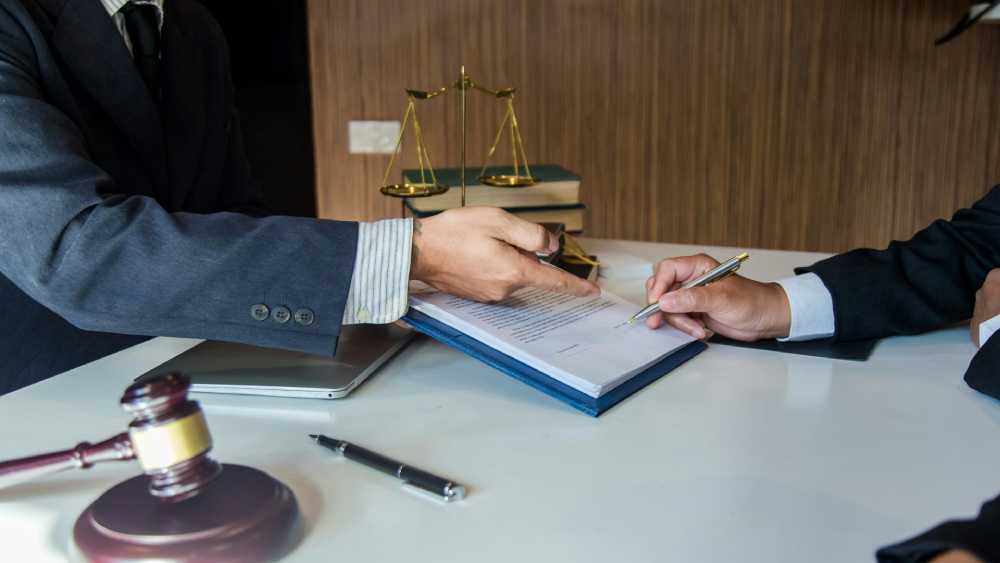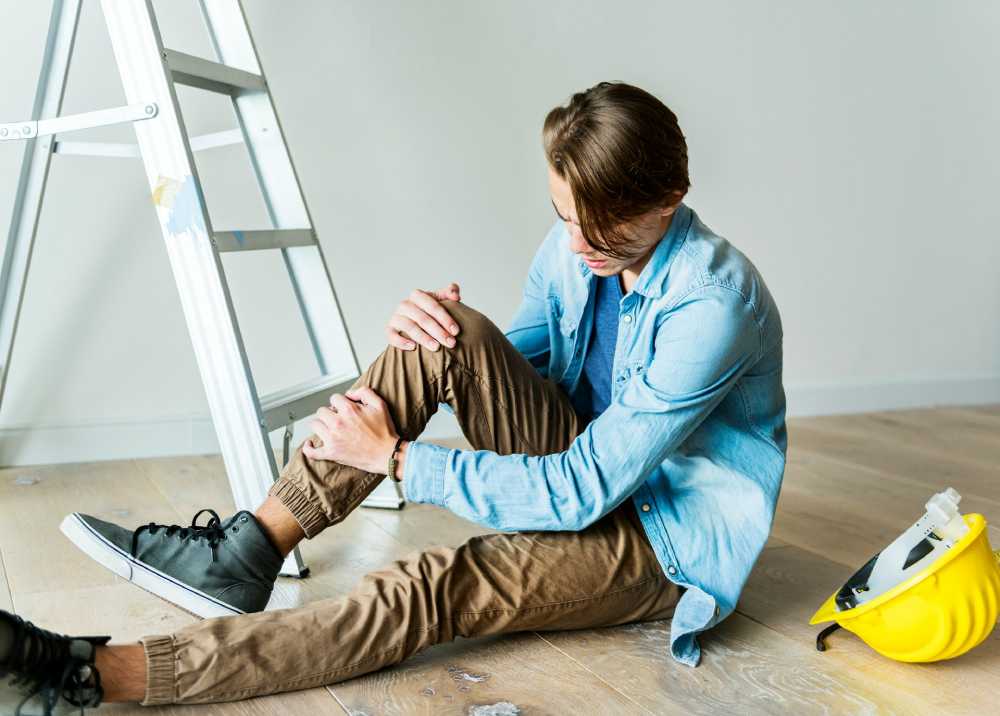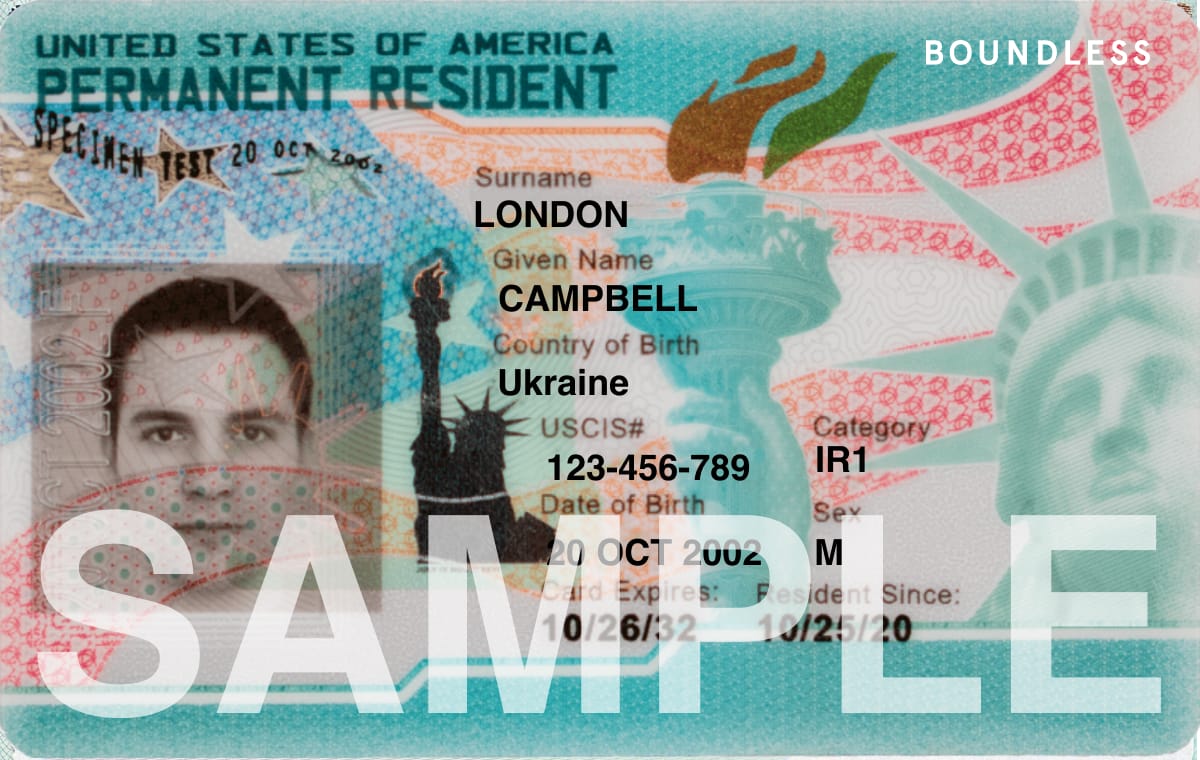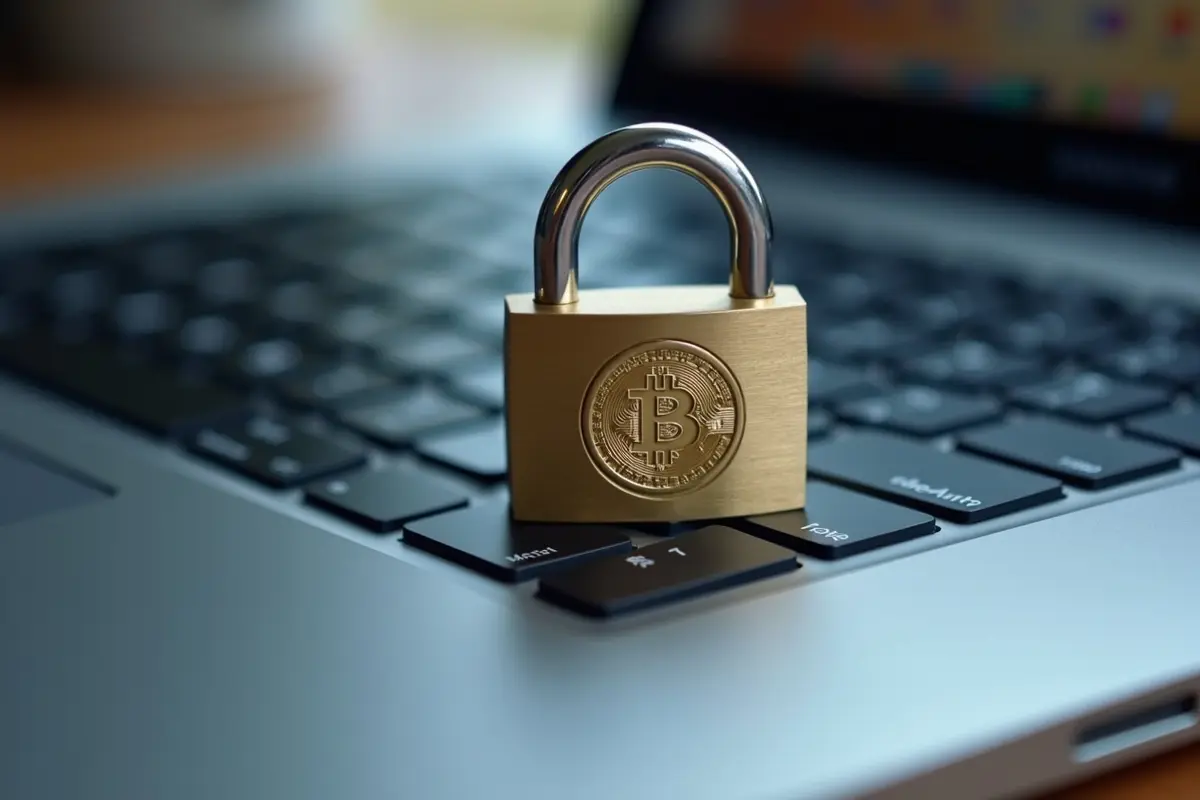Most people focus on physical evidence after an accident – the damaged cars, medical records, or photos of their injuries. But here’s something that might surprise you: witnesses can be even more important than all that physical proof combined. A single person who saw what happened can make the difference between winning and losing your case, or between getting a fair settlement and getting nothing at all.
What Makes Witnesses So Powerful
Witnesses bring something to your case that physical evidence can’t – a human perspective on what actually happened. Sure, skid marks on the road can show where cars braked, but a witness can tell you that the other driver was texting right before the crash. Medical records show your injuries, but a witness can explain how the accident changed your daily life.
Insurance companies and defense lawyers know how valuable witnesses are, which is why they’ll often try to discredit them or claim their testimony isn’t reliable. But judges and juries tend to trust real people who have nothing to gain from lying about what they saw.
The key is that witnesses help tell the complete story of your accident. Physical evidence only shows pieces of what happened, but witnesses can fill in the gaps and explain the sequence of events that led to your injury.
Different Types of Witnesses Who Can Help Your Case
Not all witnesses are created equal, and understanding the different types can help you see why some carry more weight than others. Eyewitnesses are probably what most people think of first – these are people who actually saw the accident happen. They can describe what the weather was, how fast cars were going, who had the right of way, and whether anyone seemed distracted or reckless.
Expert witnesses are completely different. These are professionals who didn’t see your accident but can explain technical aspects of your case to a jury. A doctor might testify about your injuries, an accident reconstruction specialist might explain how the crash happened based on the evidence, or an economist might calculate how much money you’ll lose from being unable to work.
Character witnesses know you personally and can talk about how the accident changed your life. They might be family members, friends, or coworkers who can describe how your injuries affect your daily activities, mood, or ability to do things you used to enjoy. When building a strong case with various types of witnesses, many people find it helpful to talk to a local attorney who understands which witnesses will be most effective for their specific situation.
Why Witness Testimony Beats Physical Evidence
Physical evidence can be misleading or incomplete, but witnesses provide context that makes everything else make sense. For example, security camera footage might show two cars colliding, but it probably won’t show that one driver ran a red light or was speeding. A witness can provide those crucial details that the camera missed.
Witnesses also help establish fault, which is often the most important part of any injury case. You might have serious injuries and big medical bills, but if you can’t prove the other person caused the accident, you won’t get compensation. Witnesses who can clearly state that the other driver was at fault are incredibly valuable.
Another advantage of witness testimony is that it’s harder to fake or manipulate than physical evidence. While someone might try to stage an accident scene or destroy evidence, it’s much harder to get multiple unrelated people to lie about what they saw.
The Challenge of Finding Good Witnesses
Here’s the problem – good witnesses don’t always stick around after an accident. People are busy and don’t want to get involved in legal matters. They might give their contact information at the scene but later decide they don’t want to testify in court.
Some witnesses are also better than others. Someone who was paying close attention and has a clear memory makes a great witness. But someone who was distracted, far away, or has poor eyesight might not help your case much. Sometimes a bad witness can actually hurt your case if their testimony contradicts your version of events.
Timing is critical when it comes to witnesses. The longer you wait to contact them, the more their memories fade. Details that seemed crystal clear right after the accident might become fuzzy weeks or months later. This is why it’s so important to get witness statements as soon as possible after an accident.
How Insurance Companies Try to Undermine Witnesses
Insurance companies have lots of tricks for making witnesses seem unreliable. They might point out small inconsistencies in witness statements, even though it’s normal for people to remember details slightly differently. They might argue that the witness was too far away to see clearly, or that they were biased because they know you personally.
Sometimes insurance adjusters will contact witnesses directly and try to get them to change their stories or refuse to cooperate. This is why it’s important to have a lawyer handle witness communications rather than trying to manage everything yourself.
Insurance companies also know that many people don’t want to go to court, so they might drag out a case hoping that key witnesses will lose interest and stop cooperating. This is another reason why acting quickly after an accident is so important.
What Makes a Witness Credible
Judges and juries look for certain qualities when deciding whether to believe a witness. Consistency is huge – witnesses whose stories stay the same over time are much more believable than those who keep changing details. Being specific also helps – a witness who can describe exactly what they saw is more credible than someone who speaks in general terms.
The witness’s demeanor matters too. Someone who seems honest, confident, and genuinely concerned about telling the truth will be more persuasive than someone who appears nervous or evasive. This is why many lawyers spend time preparing witnesses before they testify.
Having no personal stake in the outcome also makes witnesses more believable. A stranger who stopped to help after your accident is generally more credible than a family member, simply because they have no reason to lie for you.
Getting the Most Out of Your Witnesses
The key to using witnesses effectively is preparation and organization. This means getting their contact information immediately after the accident, recording their statements while their memories are fresh, and keeping them informed about your case so they remain willing to help.
Good lawyers know how to work with witnesses to present their testimony in the most effective way possible. They understand which details are most important to emphasize and how to help witnesses feel comfortable when it’s time to testify.
Remember, witnesses can make or break your injury case. The person who saw your accident might seem less important than your medical records or the police report, but their testimony could be the thing that gets you the compensation you deserve.




